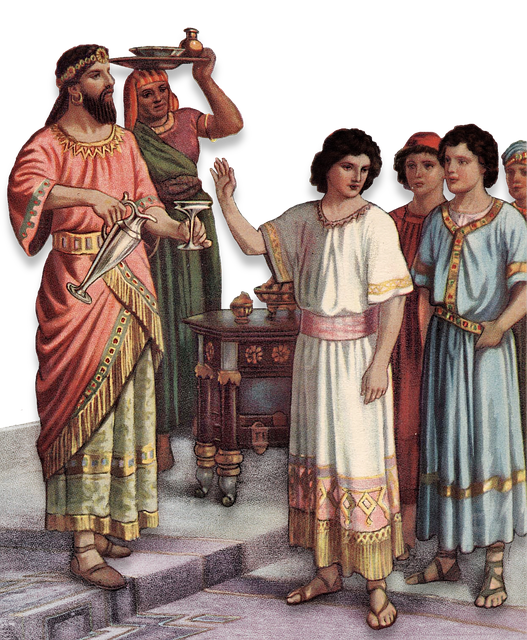Wine, an enchanting and timeless beverage, has played a central role in human life for millennia. Its history is woven with traditions, discoveries, and evolutions that reflect the richness of human culture throughout the ages.
Ancient Origins: The Cradle of Viticulture
The history of wine dates back to antiquity, where the first traces of viticulture and winemaking were discovered in the region of the Fertile Crescent, between the Tigris and Euphrates rivers. The Sumerians, around 4000 BCE, are often credited as pioneers of vine cultivation. They developed rudimentary winemaking techniques and considered wine a gift from the gods.
Ancient Egyptians shared this fascination with wine, viewing it as a sacred element of their culture. Hieroglyphs depict scenes of grape harvesting and festivities, underscoring the importance of wine in religious ceremonies and daily life.
Ancient Greece: Wine and Culture
It was in ancient Greece that wine reached cultural heights. Greek mythology abounds with stories where wine is at the heart of the exploits of gods, such as Dionysus, the god of wine and revelry. The Greeks developed specific grape varieties, perfected winemaking techniques, and held competitions to crown the best wine.
Wine consumption also acquired a social and intellectual dimension. The famous Greek banquets, depicted in the dialogues of Plato, were moments where discussion, philosophy, and conviviality intertwined around a cup of wine.
The Roman Empire: Wine’s Spread Across Europe
With the expansion of the Roman Empire, wine conquered Europe. The Romans expanded viticulture to regions like France, Spain, and Germany, introducing new grape varieties and refining production techniques. Amphorae filled with wine were transported along Roman roads, contributing to the spread of viticultural culture.
Wine held a prominent place in Roman daily life, from banquets to religious ceremonies. Vineyards thrived, and the wine trade flourished, shaping the cultural landscape of Europe for centuries to come.
The Middle Ages: Monks as Guardians of Vinicultural Knowledge
During the Middle Ages, Christian monks became guardians of vinicultural knowledge. In monasteries, they preserved and developed winemaking practices, improving the quality and variety of wines. Monastic vineyards were often the best, as monks understood the importance of terroir.
Monastic orders also played a key role in preserving vinicultural techniques during periods of political and social upheaval. Wine remained an essential beverage, both spiritually and medicinally, reinforcing its place in medieval society.
The Renaissance and Modern Era: Wine as Art and Science
The Renaissance brought a new era of discovery and reflection, and wine was not excluded from this cultural revolution. Artworks from the time illustrate the intimate relationship between artists, thinkers, and wine, often symbolizing life as an everlasting harvest.
The modern era saw the emergence of oenology as a science. Major advances in understanding fermentation processes, grape varieties, and growing conditions transformed wine production. Major wine regions such as Bordeaux, Burgundy, and Tuscany solidified their reputations, each developing unique characteristics that still define their wines today.
Contemporary Wine: Tradition and Innovation
In the 20th century, the world of wine underwent radical changes. Production techniques were modernized, grape varieties were crossed to create new ones, and marketing methods evolved with the rise of the wine industry.
The emergence of the New World wine regions, such as California, Australia, and Chile, brought even greater diversity to the world of wine. Contemporary winemakers blend tradition and innovation, respecting ancestral practices while exploring new approaches to create unique wines.
Conclusion: A Living Liquid Heritage
The history of wine is a captivating saga spanning millennia, crossing continents and cultures. From the rich legacy of ancient civilizations to contemporary winemaking innovation, wine has withstood the test of time, evolving with society while preserving its essence. Today, each bottle of wine carries within it the history of centuries of love, passion, and dedication, making wine not only an exquisite beverage but also a living liquid heritage.
Read more on: https://vinofox.com/
